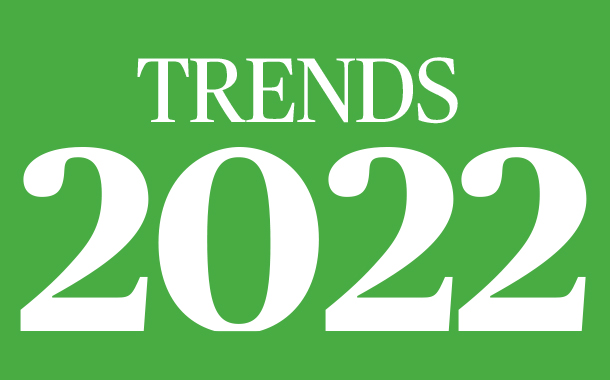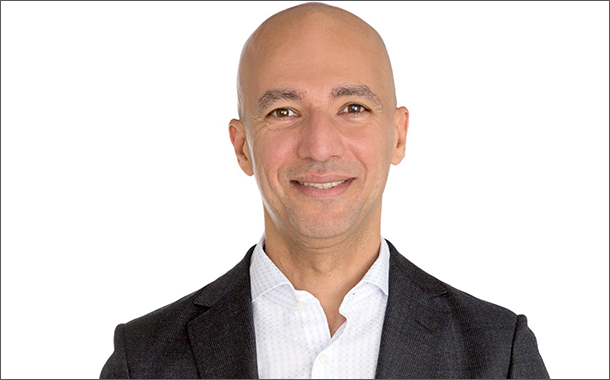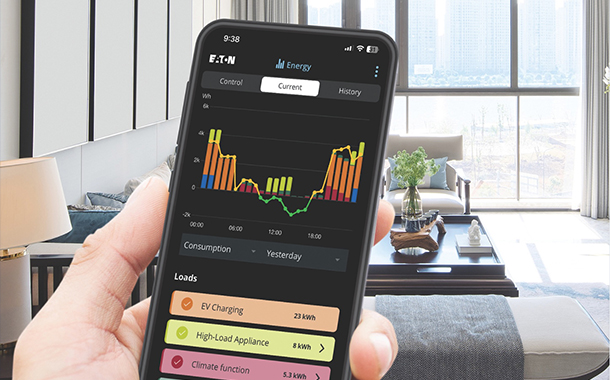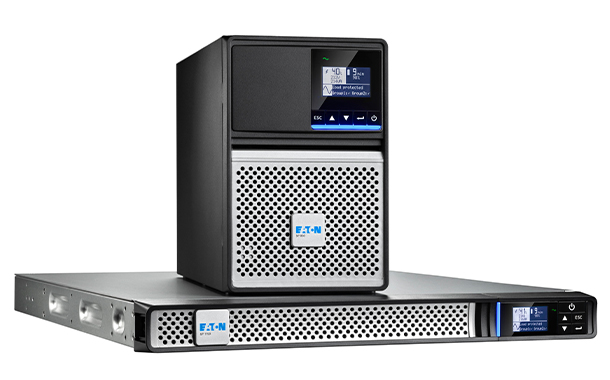For data and the datacentre industry, the pandemic disruption was also a major catalyst for accelerated digitalisation. Thankfully, most of the technology needed during the crisis was already in existence, supported by datacentre and telecoms infrastructure.
According to a PWC survey, 67% of Middle East consumers think they have become more digital in comparison to the global 51%, with the highest percentage being in Egypt at 72%. This can be related to the fact that governments are moving towards smart cities.
Data and power will realign and soon in some cases that alignment will become a physical proximity
The before-mentioned crisis drove the rapid adoption of these technologies and sped developments which were already underway. But what is most significant is that this change is likely to be irreversible. When you remove a catalyst, the reactions it caused do not reverse themselves. The increased reliance on datacentres and by extension the telecoms infrastructure which connects us to them is here to stay.
However, there are serious associated issues with this. A decades-long efficiency drive, which held datacentres to steady demand levels while processing much more, has run out of headroom.
According to a PWC survey, 67% of Middle East consumers think they have become more digital
Our economy and society have gone full throttle on data, exactly at the time when we need to put the brakes on energy consumption if we’re to combat climate change. There are no megabits without megawatts, and as we demand and produce more and more data, energy consumption levels will rise.
As the demand for electrical energy is set to soar, datacentre operators will face tough challenges in accessing scarce, new energy production.
The solution is to ramp up renewable energy production, not only to meet new demand, but to also displace current fossil-based production. So, it is not just the datacentre industry facing challenges. Energy network operators themselves will be stretched as they are asked to perform the magic trick of increasing supply while simultaneously decommissioning fossil fuel plants.
A decades-long efficiency drive, which held datacentres to steady demand levels while processing much more, has run out of headroom.
As such the challenge for datacentres will no longer be one of efficiency, but one of sustainability. New metrics, new approaches to datacentre design and operations will fall under greater scrutiny, as will the energy consumed by the overall telecom infrastructure which has an energy requirement many times that of the datacentre industry.
We rely on data, data relies on power, and a significant gap between our wants and needs will soon emerge. On one side this appears as a crisis. However, on the other side, this will be the kind of gap that will attract serious investment and innovation. For the grid, this gap will enable new and existing private ventures to build out the renewable power we desperately need.
Our economy and society have gone full throttle on data when we need to put the brakes on energy consumption
A seller’s market for power supply opens the door to new approaches and new models. For datacentres, it will solidify the economic case for a new relationship with power, not just as consumers but as sites which support the grid with energy services, storage and even power generation.
As we demand and produce more and more data energy consumption levels will rise
Data and power will realign and soon in some cases that alignment will become a physical proximity, too. With economics and policy beginning to align in this manner, there is a case for datacentres to offer not just frequency response, but also move into direct flexible supply to the grid. Sector coupling, then, could become one of 2022’s major headlines for the datacentre sector.
Energy network operators will be stretched as they are asked to perform the magic trick of increasing supply while decommissioning fossil fuel plants.


























